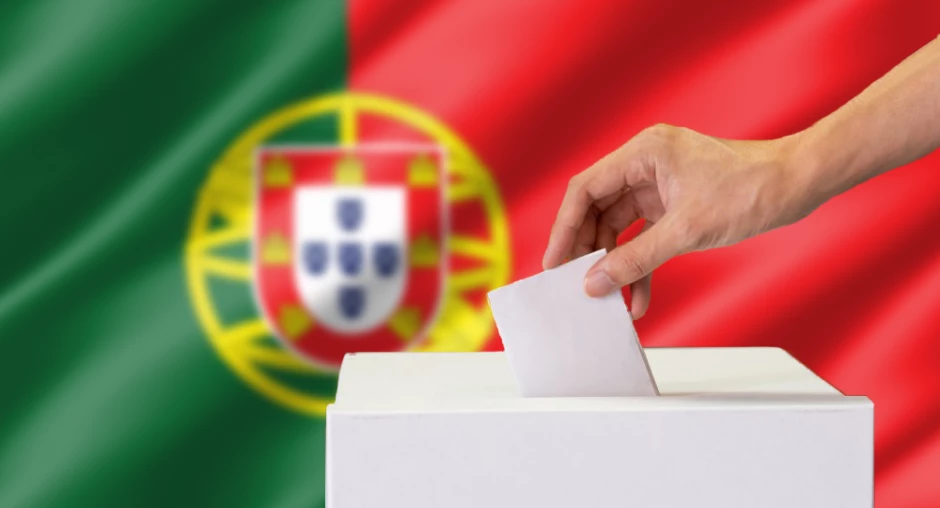Portuguese political parties draw battle lines for election

Stay tuned with 24 News HD Android App

Portugal's main political parties began this week drawing battle lines for an early general election triggered by the sudden resignation of Socialist Prime Minister Antonio Costa over a corruption scandal.
The departure of Costa -- forced to quit after being implicated in a scandal over energy-related contracts -- immediately opened a battle for the leadership of his Socialist Party (PS).
The leadership race began just hours after President Marcelo Rebelo de Sousa announced on Thursday he would dissolve parliament and call a snap election for March 10.
Jose Luis Carneiro, interior minister in the outgoing government, was the first to throw his hat into the ring to replace Costa as PS leader and, potentially, prime minister.
"I have announced that I am available," he said late Thursday.
The PS will select its new head in an internal vote in December, before the party conference in January.
Pedro Nuno Santos, who leads the left wing of the PS and has been seen for several months as a possible challenger to Costa, is also expected to stand, according to media reports.
Santos was forced to resign as Costa's infrastructure minister in December 2022 after being implicated in an earlier corruption crisis.
That scandal centred on a 500,000-euro ($534,000) severance package paid to an executive at state-owned national airline TAP.
Although the official election campaign will not start until February 25, the main right-wing opposition party said it had been preparing its platform for several months.
- Fragmented parliament -
It is unlikely that any single party will win an outright majority at the election, according to polling organisations contacted by the Publico daily.
The most recent opinion poll, published in October by the Aximage institute for CNN Portugal, put the left-wing parties at 41 percent and the right as a whole at 44 percent.
The vote could result in "a very fragmented parliament ... with a fragile government at the mercy of parliamentary horse-trading", Bruno Ferreira da Costa, a political scientist at the University of Beira Interior, told AFP.
Portugal's political crisis began with Costa's sudden resignation on Tuesday after his chief of staff and infrastructure minister were indicted following a corruption probe.
The investigation focused on allegations of corruption and influence peddling in the awarding of licences for lithium mining and hydrogen production.
In a bid to contain the political crisis and stabilise the economy, the president has chosen to delay the dissolution of parliament until January, after the planned November 29 vote on next year's budget.
"It's a shame this had to result in an election," said Isabel Flores, a 65-year-old Lisbon resident.
But Manuel Francisco Feliciano, an 85-year-old pensioner, said "giving the people a say is the least they can do".
Costa, who denies having done anything wrong, came to power in 2015.
He was re-elected in 2022 with an absolute majority -- a rare feat among Europe's left-wing parties -- but his popularity subsequently waned due to a series of scandals.
